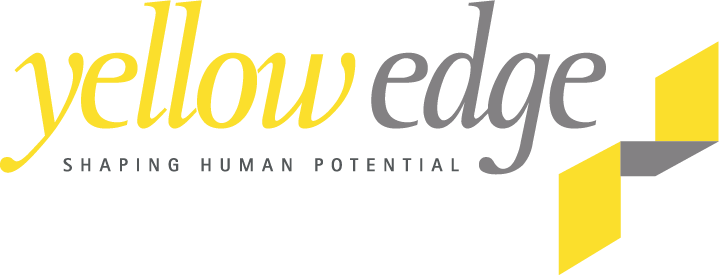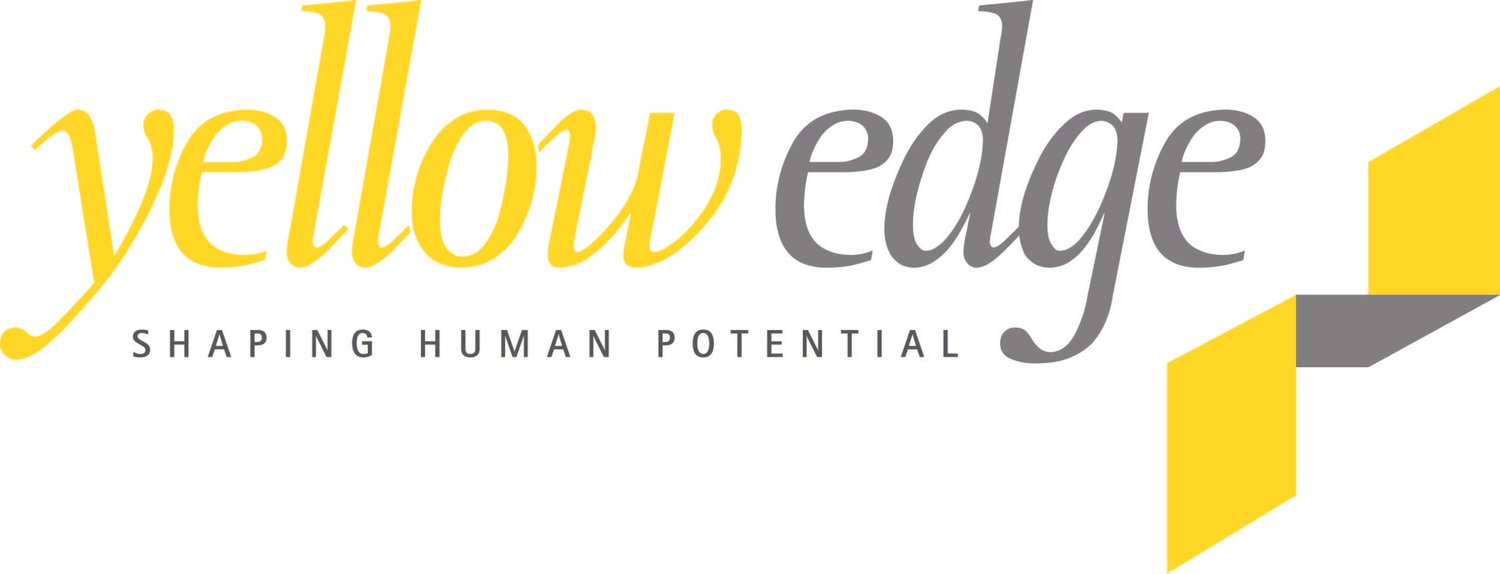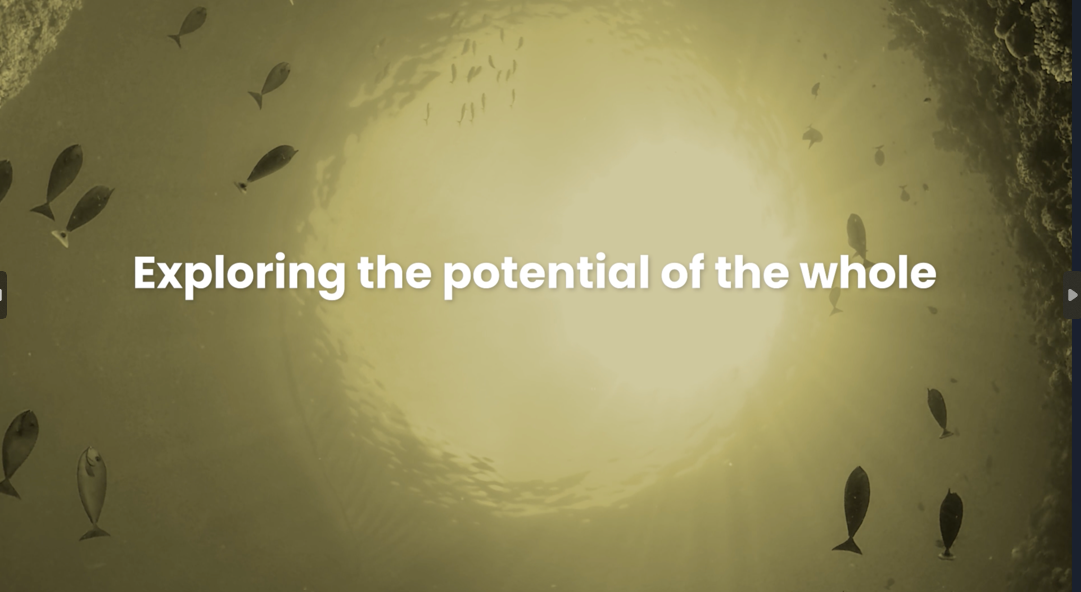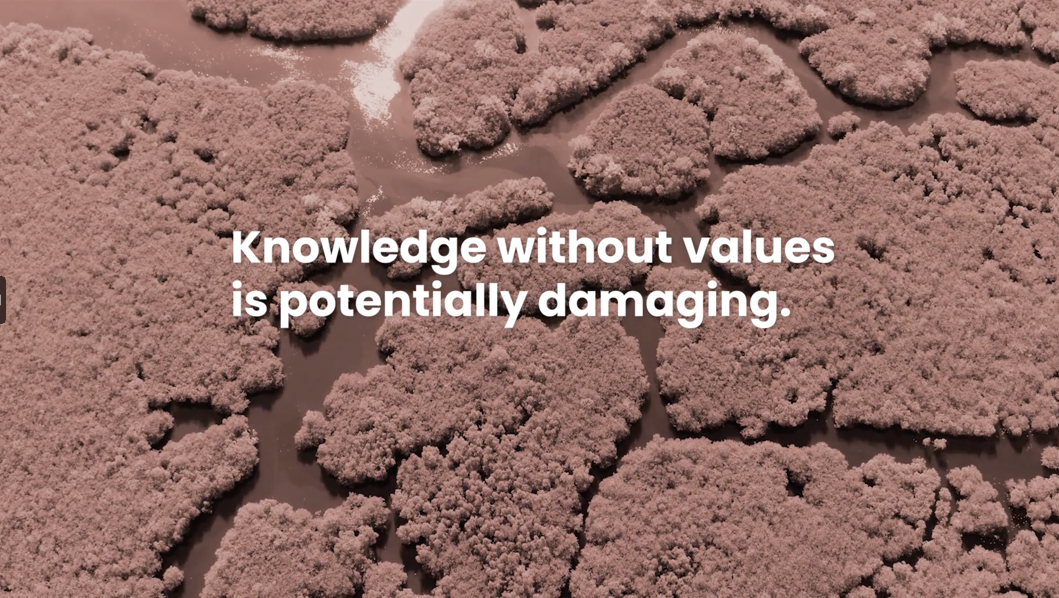
Australian Leadership Research Project:
Multiple Truths
The Australian Leadership Research Series - Multiple Truths is an exploration of the richness, and diversity of under-represented models of leadership in Australia.
Multiple Truths
As an adult immigrant to Australia, Yellow Edge’s co-founder and CEO Andrew Simon found himself the privilege of being in leadership roles early on in his career. However, the formal leadership capability models that he came across when leading and when working with clients seemed to describe a level of genericity which was too broad to be resonant or inspiring. These capability models reflected the dominant culture at the time.
Little has changed in over 20 years. Leadership capability models used in many sectors continue to be uninspiring, generic, reflective of dominant but increasingly outdated narratives and leave out the reality that leadership in the context of diversity and dynamism is itself diverse, dynamic and adaptive.
Our assumptions about Leadership and how we chose to define, frame and practice leadership are social constructs. As society becomes more diverse and complex, our leadership models do need to keep pace and to reflect our dynamic and diverse social and organisational realities. What kind of leadership do we need in a time of climate change for example? or when our economic systems are not serving significant parts of our society? What kind of leadership might be required in communities, social enterprises and member owned businesses? Leadership is not just something that can be reduced to a list of capabilities. Rather questions of personal history, place, context, purpose and a sense of a desired future all matter in how leadership is framed and practiced.
As passionate leadership development practitioners and specialists in adult learning, Yellow Edge is interested in exploring the wide range of under-represented models of leadership including First Nations models of leadership thriving in Australia.
At its heart, this project seeks to provide under-represented groups with a platform to share their leadership stories - in their words - and to define what good leadership means to them, to talk about their experience of good leadership and to share stories about how their work, culture, family and the broader community has influenced and shaped their growth as leaders.
This inaugural project is an invitation to First Nations leaders to share their individual experiences and for mainstream leaders to listen, deeply and to reflect upon the multiple truths, complexities and nuances present in under-represented models of leadership in Australia.
The project will use the art of storytelling to enable individuals to share their perspectives, experiences, and journeys on leadership. Storytelling is as old as humankind is and a uniquely human activity. Stories are how we explain the complex and connect with those around us. Whilst many stories are left for the recipient to interpret and make their own sense and meaning, stories can also make the point of leadership clearer. What is leadership for? Who does leadership need to serve?
In supporting leaders from under-represented groups to talk about their leadership journey we hope to encourage Australian leaders to think deeply and widely about their own leadership values and assumptions, and their preparedness to lead inclusive, culturally competent, and resilient teams, organisations, communities.
Part One:
First Nations Australians in positions of leadership
This research seeks to explore and share the unique stories and perspectives of Indigenous leadership, offering valuable insights that can help all leaders enhance their cultural capability, build stronger relationships with Aboriginal and Torres Strait Islander people, and to thrive in complex, uncertain environments.
Our Conversations…
Reciprocity
Leadership is not a zero-sum game. Rather, it is a collaborative endeavour which results in the betterment or improvement of relationships and outcomes, as well as the environment within which people work and perform.
Authenticity
There is pressure for leaders to be authentic, and to bring their full selves to work. However, what does it mean to be authentic? Is it possible to train leaders to be more authentic? What happens when our authentic self and our inner self appear to conflict?
Being true to ourselves, can sometimes lead to others feeling disappointment or conflicted.
Opportunity
As leaders it is our responsibility to identify where the barriers to opportunity lie and to make systemic changes ensure our under-represented and undervalued members of our community are no longer missing out.
Potential
Focusing on the potential of the whole for example within a community or eco-system, instead of just the project at hand, allows us to unlock latent qualities of place and the abilities and energy of people around us. As leaders we need to identify the right level of potential to start from, the right amount of stretch i.e., not too overwhelming and not one lacking in ambition.
Knowledge
Knowledge is ubiquitous. Anyone can read a book or complete a training program. Leadership is an inherently relationship concept. We learn to lead by leading others and learning with and through others. Our behaviours and choices we make as leaders are guided by our inherent values. Without strong sense of who we are, what we represent and a set of behaviours and actions which help us stay true to these values we are akin to a ship without a rudder crashing into other ships and ports.
Sustainability
A sustainable lifestyle doesn’t necessarily require drastic changes. Simply understanding how our lifestyle behaviours and choices impact people and the world around us can help strengthen our relationships and work.
Individual Conversations
Listen to all our conversations with Indigenous leaders.








